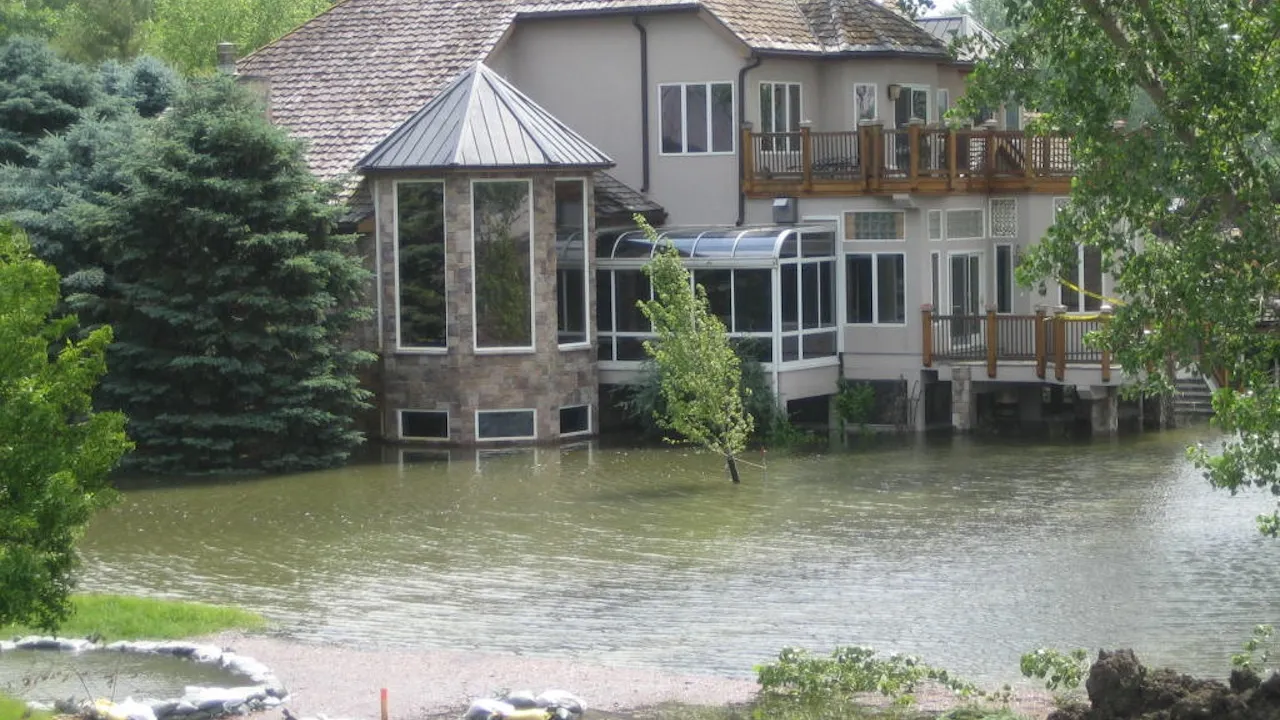The Flood Insurance Purchase Requirement
Friday May 26, 2017



Here’s an interesting bit of flood insurance news. On May 24th, the Federal Reserve Board issued an order to SunTrust Bank for violations of the National Flood Insurance Act. The order itself does not provide a lot of detail, and I have no inside information, but I can only assume SunTrust was extending loans for property in the Special Flood Hazard Area (SFHA) without enforcing the flood insurance requirement, mandated by statute. This type of adjudicatory order is rather rare, but here are two examples from the Comptroller of the Currency, both from 2015:
These include a bit of detail and claim both institutions were issuing SFHA-affected loans without requiring flood insurance.
This gets to one of the core reasons flood insurance exists. The SFHA-purchase requirement only applies to properties purchased with a mortgage issued by a Federally-guaranteed institution. That means the bank issuing the mortgage must require flood insurance if it is chartered by the Federal government (OCC), FDIC-insured, NCUA-insured, or a member of the Federal Reserve System. That covers almost every bank and bank-like institution in the United States.
This requirement is explained by the fact it protects the Federal government from flood-related losses through banks. The scenario, not at all implausible is that a person has a mortgage on a beachfront home with no insurance. The house floods and the person has no recourse for rebuilding, so the person chooses to surrender the property to the bank and abandon the mortgage. If that happens, the bank has a material loss on the loan since the value of the returned property is unlikely to match the balance of the loan. So the NFIP-purchase requirement protects the banking system.
Image by U.S. Army Corps of Engineers / Flickr.